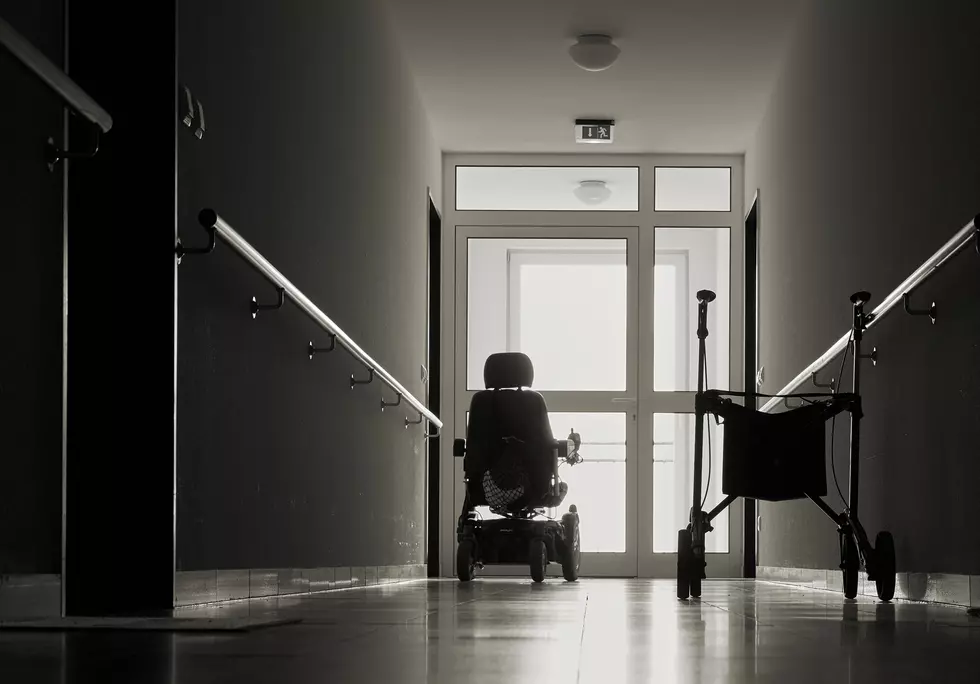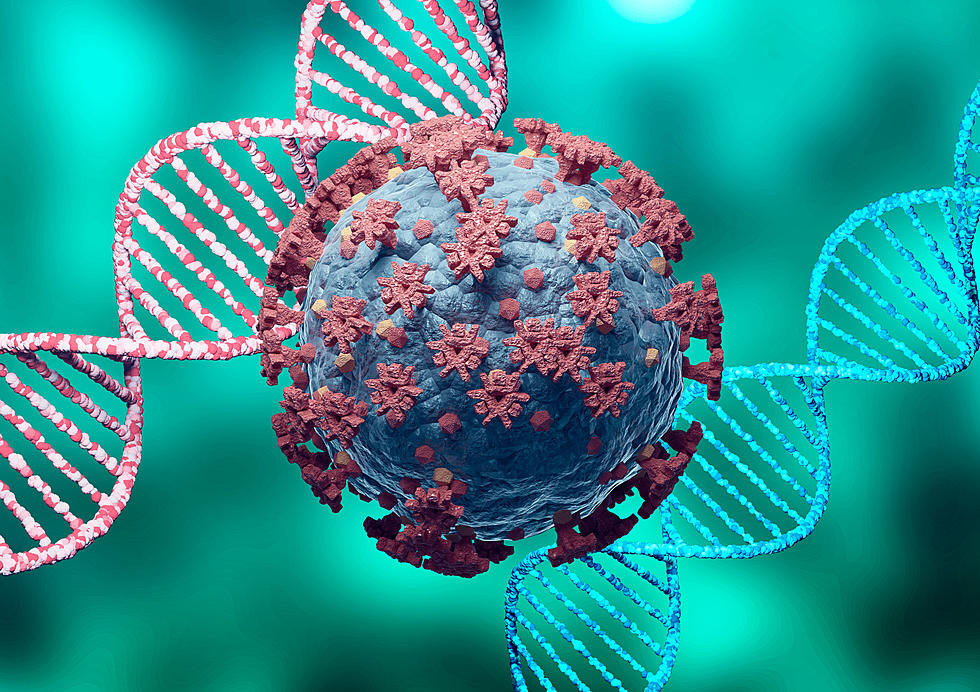
NJ’s plan to reintroduce indoor nursing home visits
A plan has been put forth to gradually reopen New Jersey’s long-term care facilities to visitors and resume normal operations, after they were locked down five months ago, as the COVID-19 pandemic began to flare up.
Gov. Phil Murphy's administration is putting forth the plan — with aid incentives for facilities that institute safe practices and penalties for those that don't — in a state that's seen roughly 7,000 coronavirus deaths connected to its long-term care facilities, out of about 16,000 overall.
Health department insiders speaking anonymously to several media organizations have alleged the administration left nursing homes unprotected as it put an emphasis on equipping hospitals to weather a surge of patients in the spring. And they — along with some public officials — have criticized a Health Commissioner Judith M. Persichilli March 31 order requiring nursing homes to re-admit medically stable residents who have had COVID-19.
Notoriously, the Andover Subacute and Rehabilitation Center made headlines in April after police had to remove 17 bodies that had been stuffed into a makeshift morgue. The discovery prompted a criminal investigation of the facility.
Murphy on Monday, speaking at his regular novel coronavirus media briefing, didn't specifically address the criticism as he introduced the state's plans for opening up access to indoor visitors. But he said the issue of outsized death statistics at long-term care facilities was one that stretched far beyond New Jersey.

The new Department of Health directive establishes phases for reopening individual facilities based on the time since a last outbreak. It includes expanded PPE stockpiling and increased resident and staff testing.
Persichilli said the state is also recognizing a new designation of "essential caregiver." — allowing caregiver visits to coronavirus-negative and asymptomatic or recovered residents. In what the state is calling "phase zero," visits will be limited to once a week for a maximum of two hours. In the phases one and two, the state will allow two visits a week will be permitted for a maximum of 4 hours a week.
Limited outdoor visits resumed in late June, but they usually only last 15 to 20 minutes.
“We recognize the importance of care from residents from their families and their loved once, but we must also consider the safety of the visitors, the staff and residents as we slowly expand indoor visitation,” Persichilli said.
She said a series of benchmarks will need to be met by all long-term care facilities in order to allow a phased in return to indoor visitations, to ensure the safety of residents and staff.
She said a facility must not have an active COVID-19 outbreak, must be fully staffed and have a plan to bring on additional staff in case of an outbreak, must have a stockpile of PPE and "must have an updated outbreak plan with lessons learned from COVID-19.
"It must also include a communications strategy outlining regular communications with residents and families about cases and outbreaks in the facility," Persichilli said.
During Monday’s coronavirus update in Trenton, Murphy announced $155 million in additional state and federal funding will be used to stabilize and support nursing homes, with increased salaries for certified nursing aides and expanded critical infection control practices, along with weekly COVID-19 testing for staff.
New Jersey Department of Human Services Commissioner Carole Johnson said new Medicaid funding will be available to nursing homes “to support the frontline workforce and infection control actions.”
She said of the $130 million in state and federal funding that will be made available to long-term care facilities starting in October 60 percent would be required to be used to increase wages for certified nurse aides.
"Certified nurse aides are the frontl ine of the nursing facility workforce, and spend their days and nights helping our loved ones with what we call activities of daily living — things like bathing, dressing, transferring someone in and out of bed, toileting and eating," Johnson said.
She noted “this is challenging work and we have seen the dedication and commitment of this workforce to our older residents throughout the pandemic.”
Johnson said the average salary of the typical nursing aide in New Jersey is $15 an hour, and the additional funding will provide an average hourly wage increase of about 20%.
She said funds will recouped from facilities that do not comply with the requirements.
You can contact reporter David Matthau at David.Matthau@townsquaremedia.com
KEEP READING: See states hit hardest by COVID-19’s impact on tourism
More From SoJO 104.9 FM










